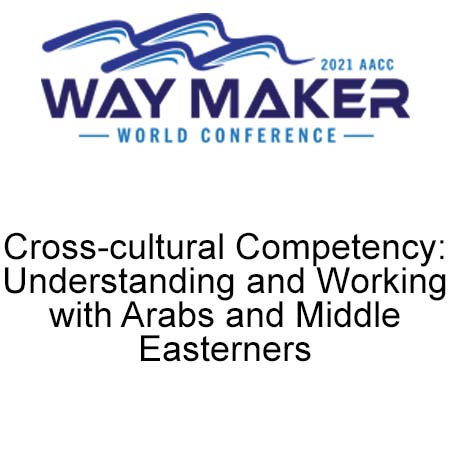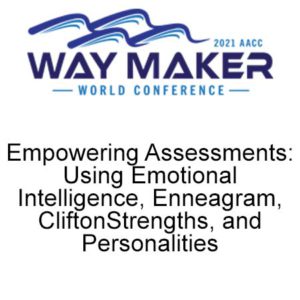Description
717: Cross-cultural Competency: Understanding and Working with Arabs and Middle Easterners
Naji Abi-Hashem, Ph.D.
Member Care International
746 East Chapman Ave.
Orange, CA 92866
Summary
Cultural competency is at the forefront of many disciplines and training programs as cultures mix more than ever in our world today. Gaining skills for learning and relating to other social norms, traditions, worldviews, and religious faiths/values is becoming essential as the waves of migration and displaced people are increasing everywhere. People from various Middle Eastern and North African (MENA) countries are becoming visible and well established in the global West and United States. Practitioners, providers, and helping professionals are in greater need to understand these populations better and gain practical skills to work with them effectively. Yet, there is a lot of confusion and anxiety about who the Arabs, Muslims, and Middle Easterners are. How large and diverse is that population in North America? Therefore, this workshop will focus on understanding their backgrounds, mentalities, psychological needs, religious cultures, social challenges (the ones they face and represent), adaptation-assimilation struggles, and civil contributions. We will correct some misconceptions about Arab Middle Easterners and highlight a few of their cultural dynamics, mental-emotional functioning, communication styles, social values, and geopolitical and generational differences. Additionally, we will provide some practical guidelines and therapeutic tools for best working with these diverse people (individuals and groups) in a caring and effective way.
Learning Objectives
Participants will:
• Outline two qualities of cultural competency as applied to licensed mental health professionals
• List several Arab Middle Eastern nationalities, religious faiths, subcultures, and ethnic traditions
• Describe three positive labels/characteristics, as well as three negative generalizations/misunderstandings about Arabs, Muslims, and Middle Easterners
• Discuss three types of their struggles, needs, and challenges and list three differences between the process of Assimilation-Integration versus Fragmentation-Isolation





